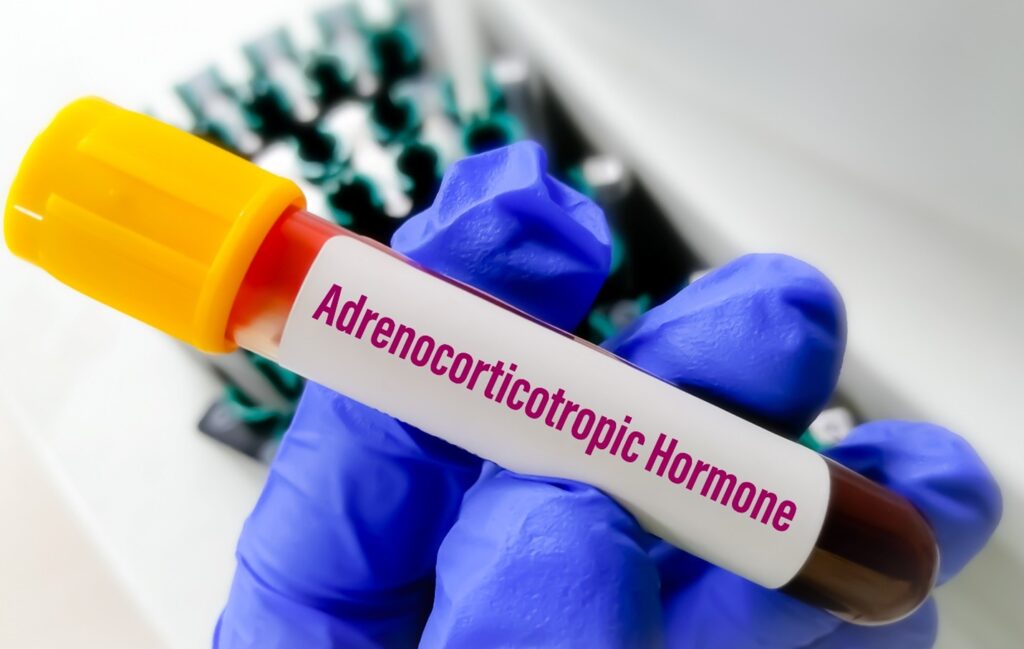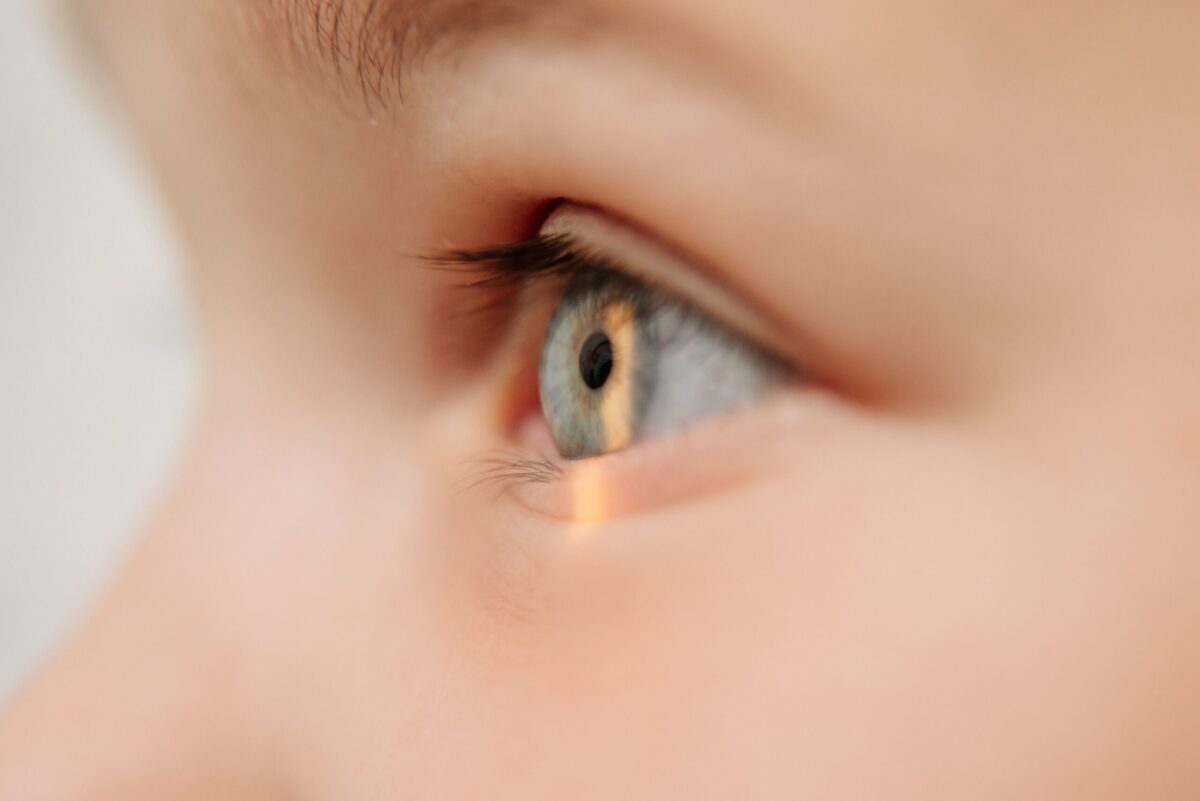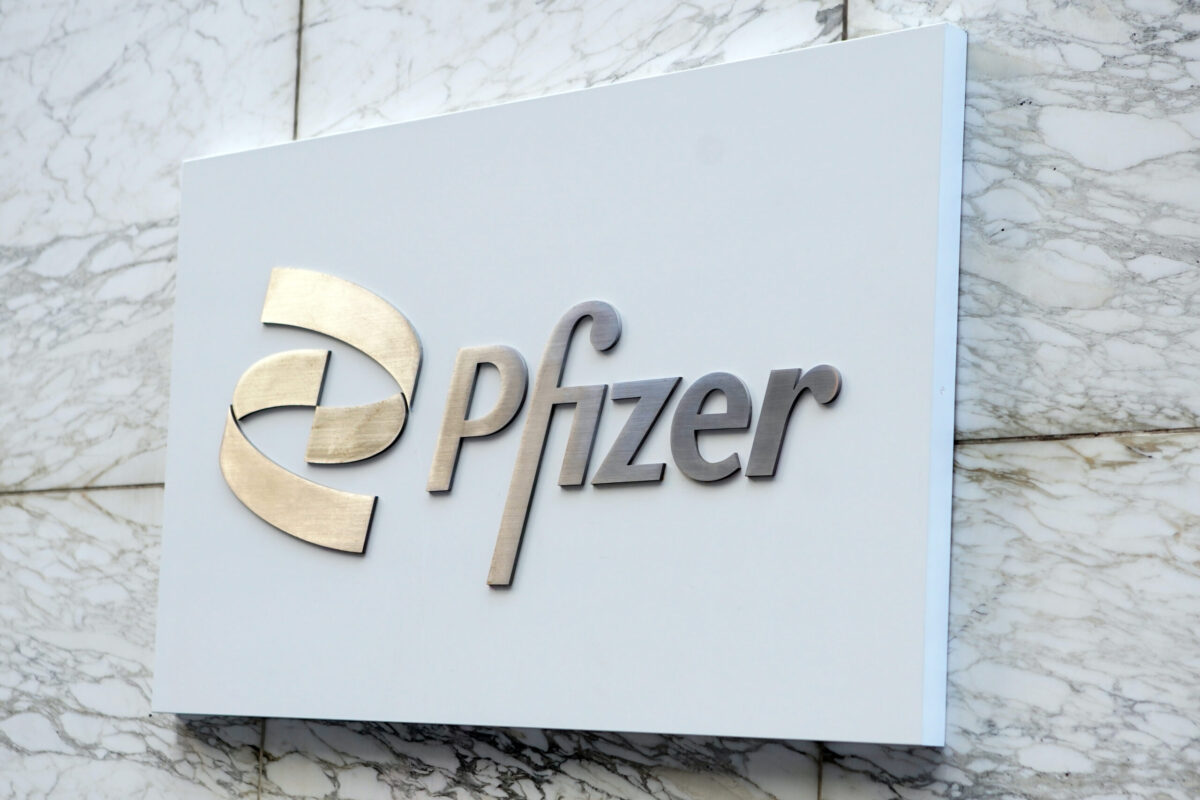Neurocrine Biosciences’ Crenessity (crinecerfont) has been given the green light by the US Food and Drug Administration (FDA) as a new treatment for congenital adrenal hyperplasia (CAH). The approval marks a significant step in addressing a condition that has historically relied on decades-old therapies.
The therapy is approved to be used in combination with glucocorticoid replacement therapies (steroids) to control androgen levels in adults and pediatric patients four years of age and older with classic CAH.
CAH is a group of rare genetic disorders affecting the adrenal glands, which produce essential hormones like cortisol, aldosterone and androgens.
The most common form of CAH, 21-hydroxylase deficiency, disrupts hormone production, leading to cortisol deficiency and an overproduction of androgens. This imbalance causes a variety of health issues, including abnormal growth, early puberty, infertility and life-threatening adrenal crises.
CAH affects approximately one in 15,000 live births worldwide, and an estimated 30,000 people are living with the condition in the US. While manageable, the condition requires lifelong treatment and monitoring to prevent complications and ensure healthy development.
Currently, the standard treatment for CAH involves glucocorticoids, which replace cortisol and help regulate hormone levels. However, long-term glucocorticoid use can lead to significant side effects, such as obesity, osteoporosis, diabetes and cardiovascular issues.
XTALKS WEBINAR: Electronic Data Capture Redefined: Challenging the Norm with eSource Innovation
Live and On-Demand: Thursday, January 30, 2025, at 11:30am EST (4:30pm GMT/UK)
Register for this free webinar to learn how integrating direct data capture (DDC) with electronic data capture (EDC), electronic clinical outcome assessments (eCOA) and eConsent streamlines workflows, enhances data accuracy and improves site and participant experiences.
According to Neurocrine Biosciences, Crenessity is a potent and selective oral corticotropin-releasing factor type 1 (CRF1) receptor antagonist, which is the first and only classic CAH treatment that reduces adrenocorticotropic hormone (ACTH) and downstream adrenal androgen production, allowing for the reduction of glucocorticoid dosing.
ACTH, produced by the pituitary gland, stimulates the adrenal cortex to produce several hormones, including glucocorticoids (like cortisol), mineralocorticoids (like aldosterone) and androgens (such as dehydroepiandrosterone, or DHEA).
The therapy is the first innovation for CAH patients in 70 years, according to Neurocrine. The treatment has demonstrated the ability to normalize androgen levels and improve overall adrenal function, potentially reducing the need for high doses of steroids.
“For the last three decades, Neurocrine Biosciences, together with our late founder, Wylie W. Vale, has conducted groundbreaking research uncovering the critical role of corticotropin-releasing factor and its receptor, CRF1, in the pathophysiology of congenital adrenal hyperplasia,” said Kyle W. Gano, PhD, chief executive officer, Neurocrine Biosciences, in a statement from the company.
Related: Arrowhead Pharma’s New Rare Disease Campaign for FCS Highlights Importance of Lowering Triglycerides
The FDA’s approval of Crenessity was based on two randomized, double-blind, placebo-controlled trials in 182 adults and 103 children with classic CAH.
In the company statement, Neurocrine said the trials were part of the CAHtalyst Pediatric and Adult Phase III global registrational studies, the largest-ever clinical trial program in pediatric and adult patients with classic CAH.
In the first trial, 122 adults received Crenessity twice daily and 60 received placebo twice daily for 24 weeks. The glucocorticoid dose was reduced to replacement levels after the first four weeks of the trial, after which it was adjusted based on levels of the androgen hormone androstenedione. The primary efficacy measure was the change in the total glucocorticoid daily dose from baseline while maintaining androstenedione control at the end of the trial.
Patients in the group who received Crenessity had a 27 percent reduction in their daily glucocorticoid dose while maintaining androstenedione levels compared to a ten percent daily glucocorticoid dose reduction in the placebo group.
In the second trial, 69 pediatric patients received Crenessity twice daily and 34 received placebo twice daily for 28 weeks. The Crenessity group experienced a statistically significant reduction from baseline in serum androstenedione compared to an average increase from baseline in the placebo group.
At the end of the trial, the pediatric patients administered Crenessity were able to reduce their daily glucocorticoid dose by 18 percent while maintaining control of androstenedione levels compared to an almost six percent daily glucocorticoid dose increase in patients who received placebo.
Trial data for both the pediatric and adult trials were published in The New England Journal of Medicine.
Crenessity marks the third approved drug for Neurocrine. Ingrezza (valbenazine), first approved in 2017 for tardive dyskinesia, received a key label expansion in 2023 to include the treatment of chorea in patients with Huntington’s disease.
Neurocrine’s hit drug generated $613 million in sales during the third quarter and is projected to reach $2.3 billion in revenue by 2024.
In 2018, the company also received approval for Orilissa (elagolix), which it licenses to AbbVie, for the treatment of endometriosis.
Neurocrine said Crenessity is expected to be commercially available in about one week. It also received the FDA’s rare pediatric disease priority review voucher along with the approval, which will help expedite the agency’s assessment of another application.
The company said Crenessity will be available through specialty pharmacy PANTHERx Rare in order to centralize and simplify fulfillment of prescriptions for the drug.
Neurocrine’s share price increased by six percent after news of the approval.
Neurocrine launched an educational campaign about CAH earlier this year called WhattheC@H?! to help build a community of CAH patients.
If you want your company to be featured on Xtalks.com, please email [email protected].












Join or login to leave a comment
JOIN LOGIN